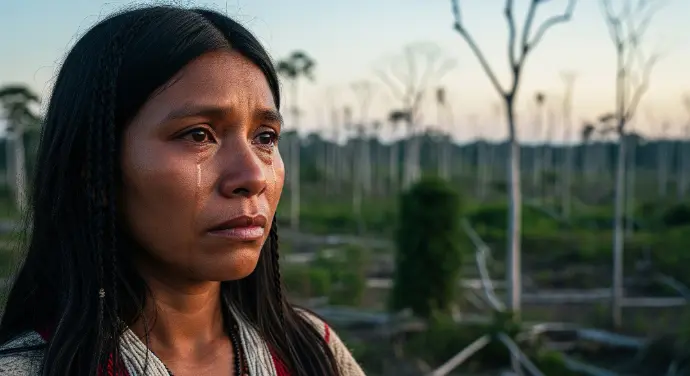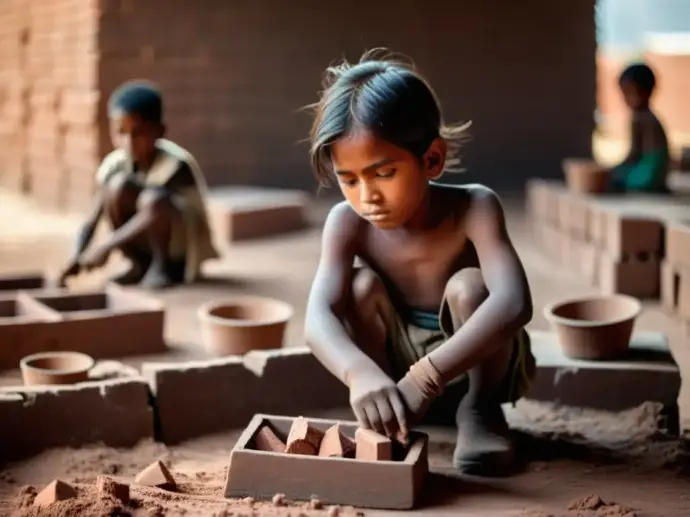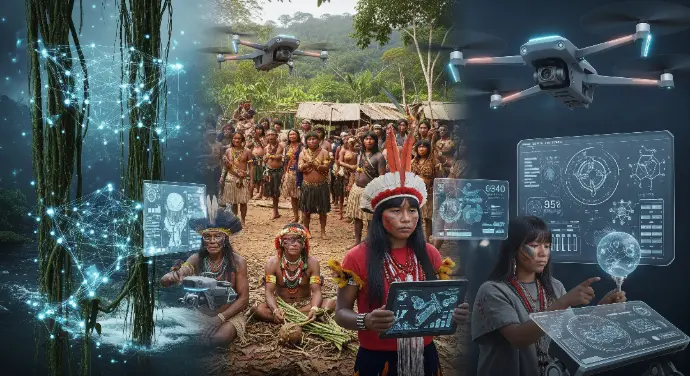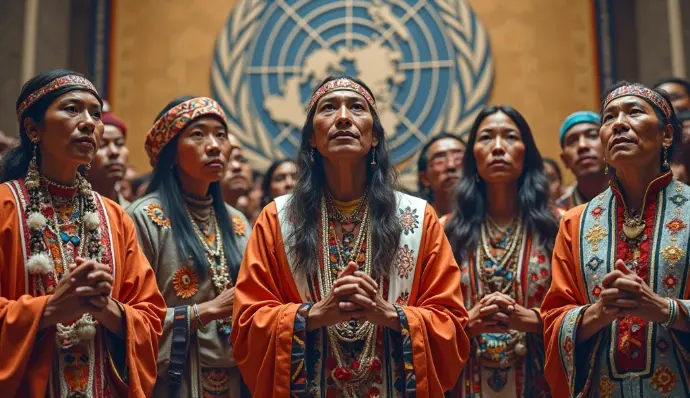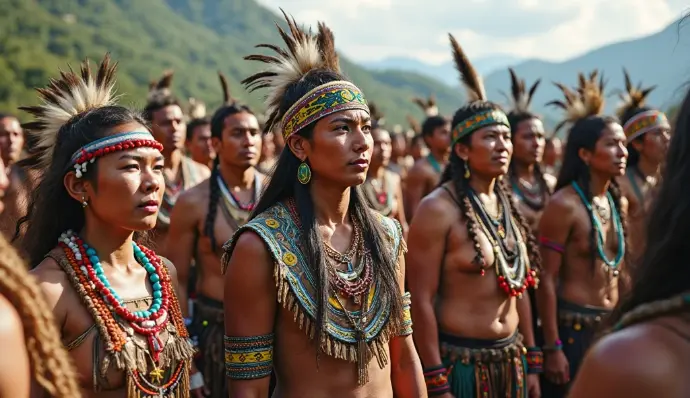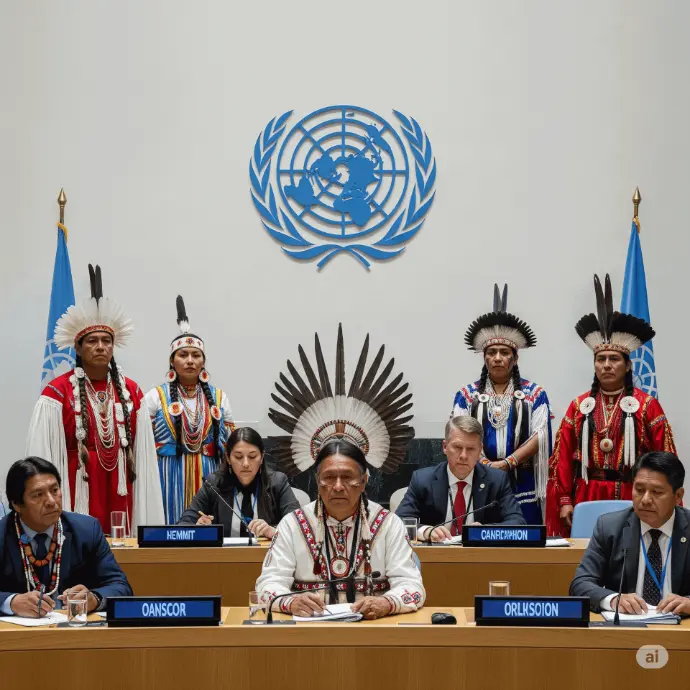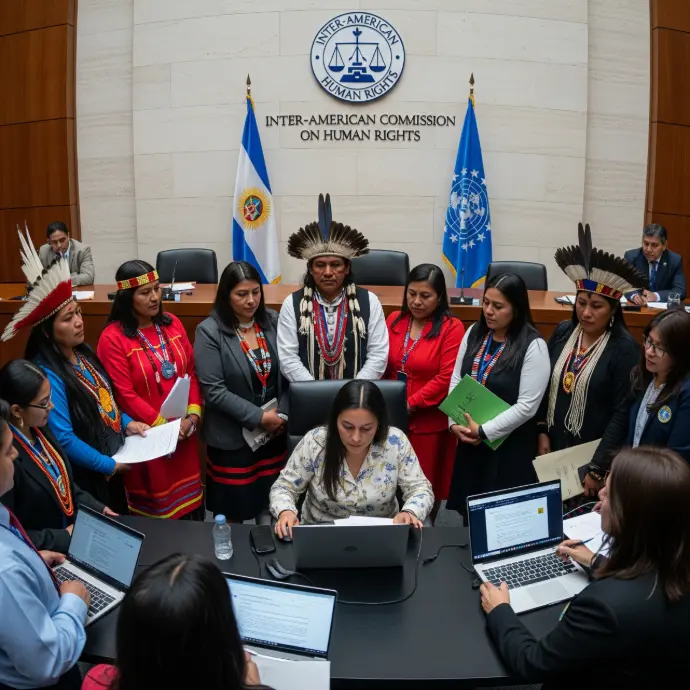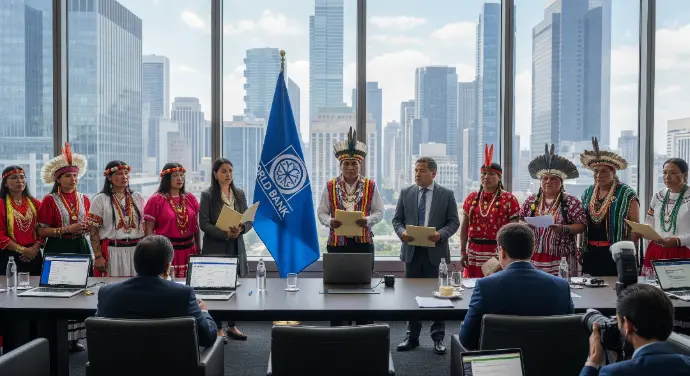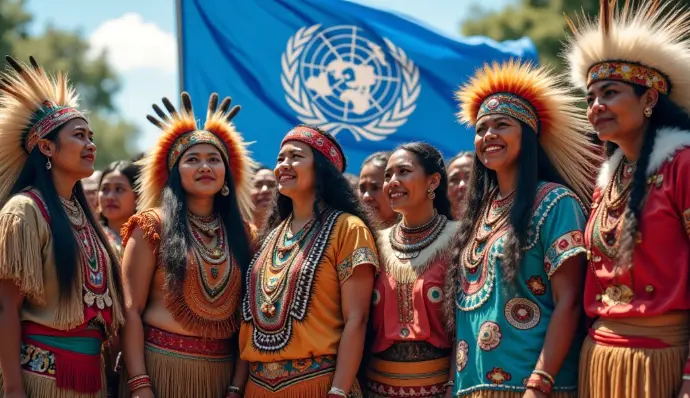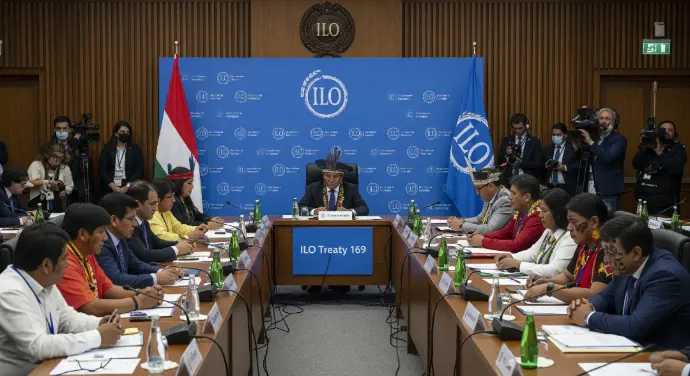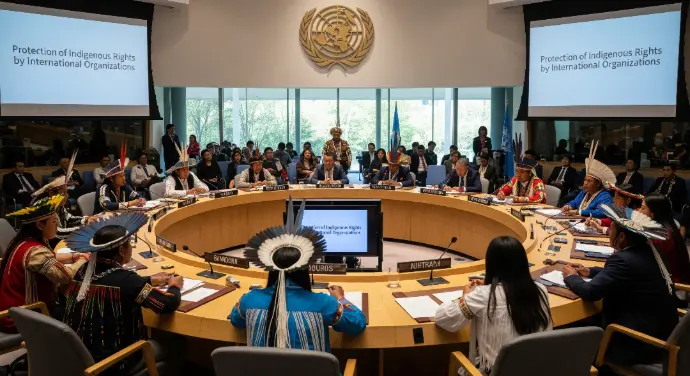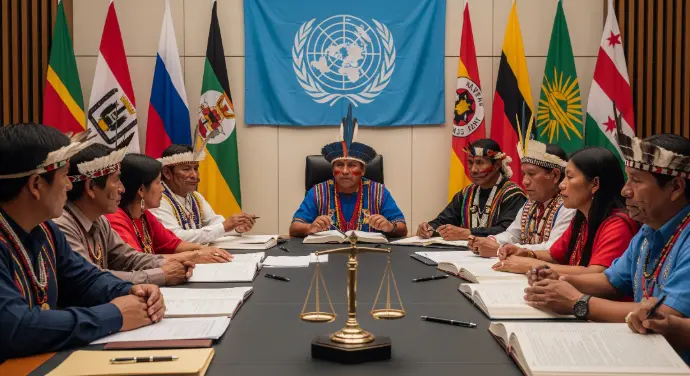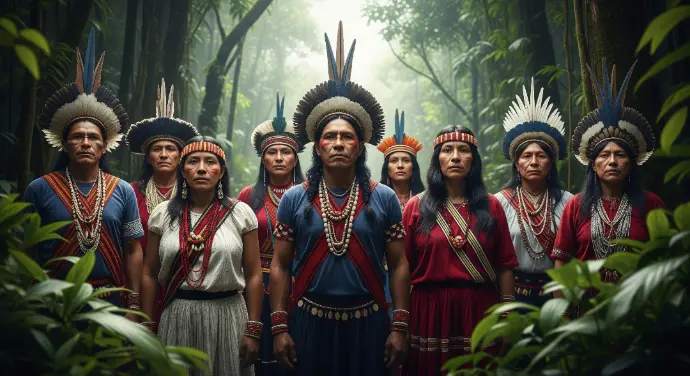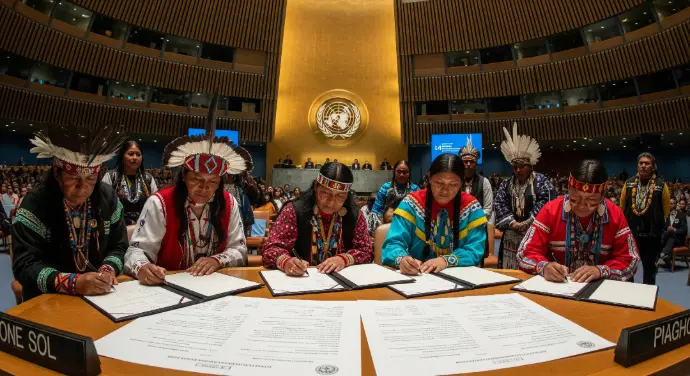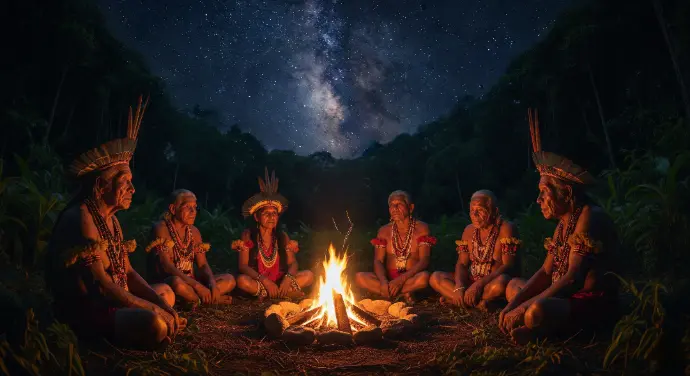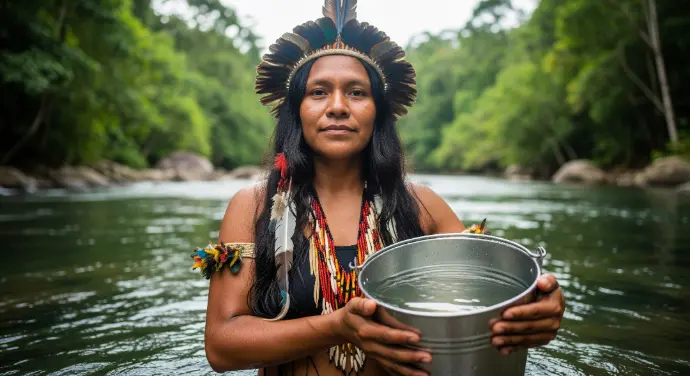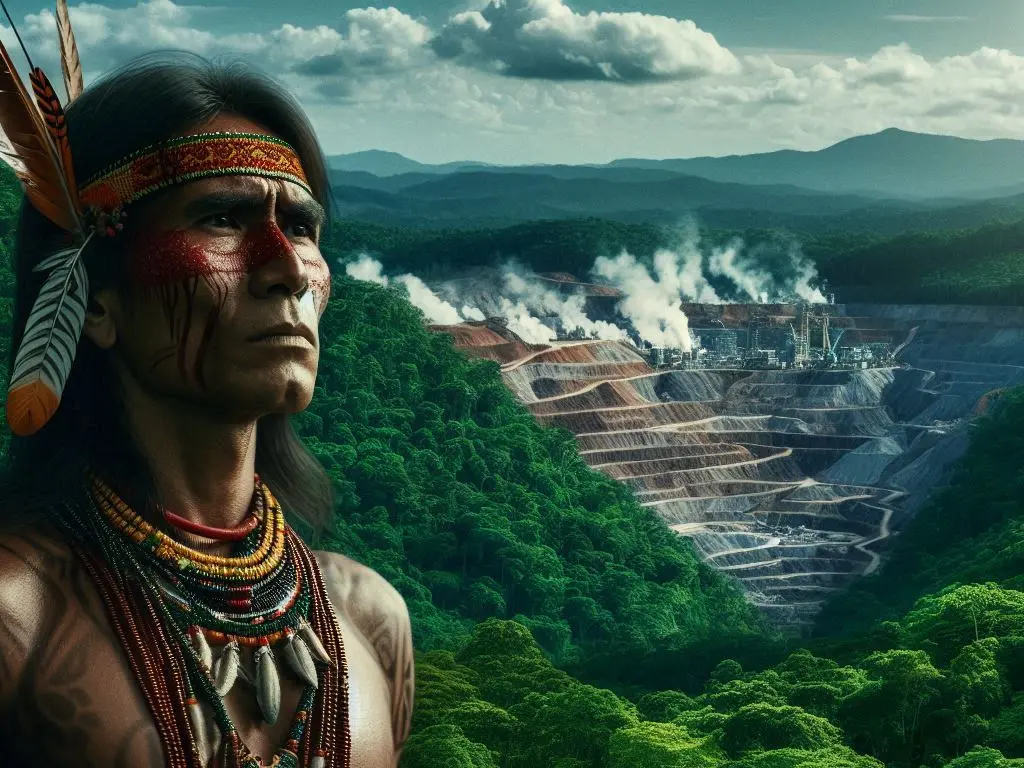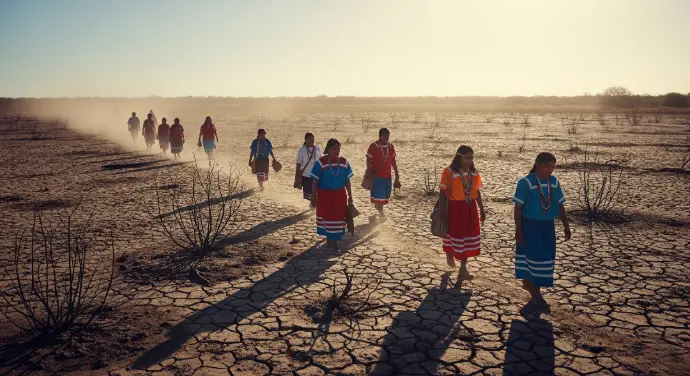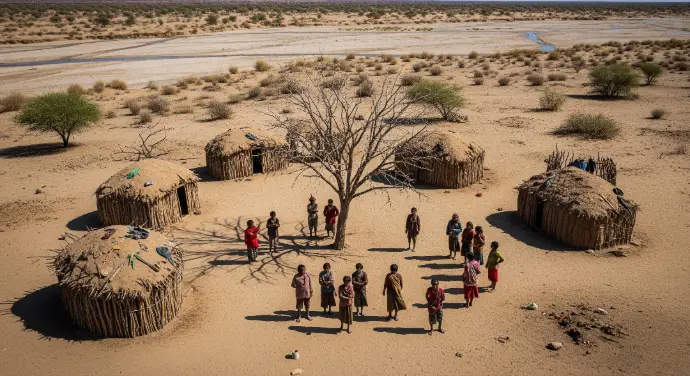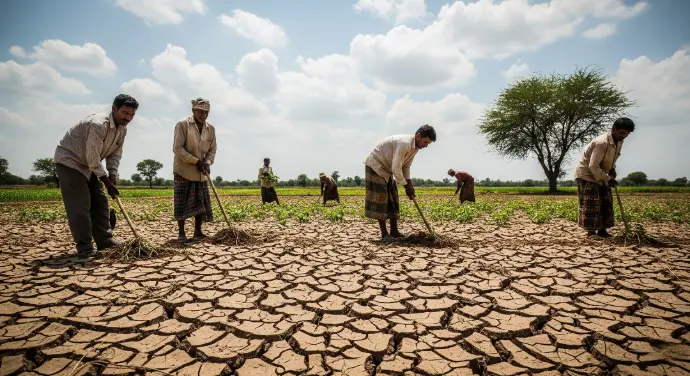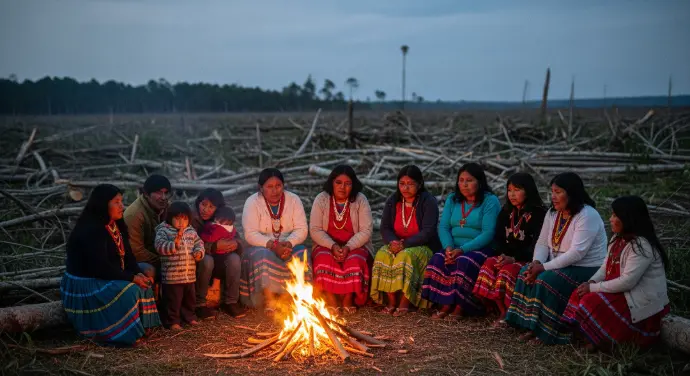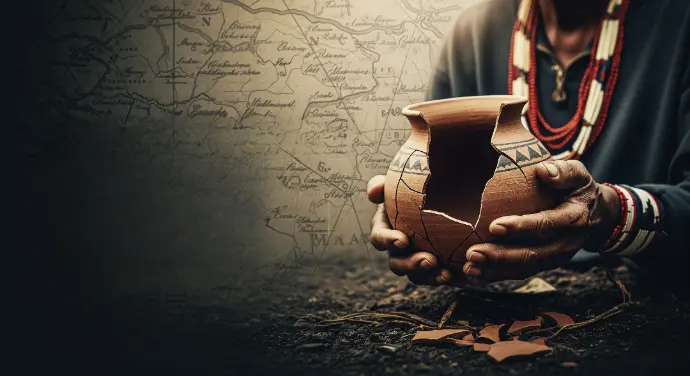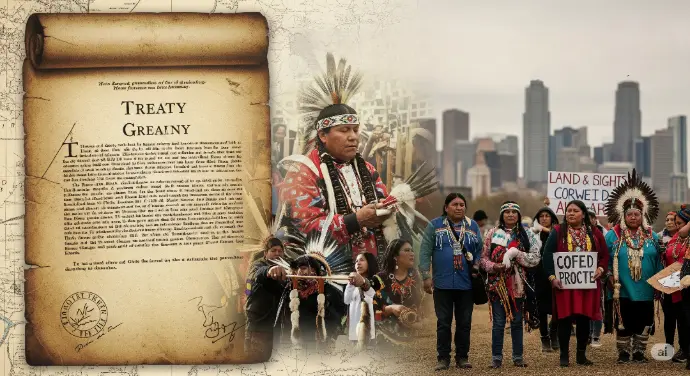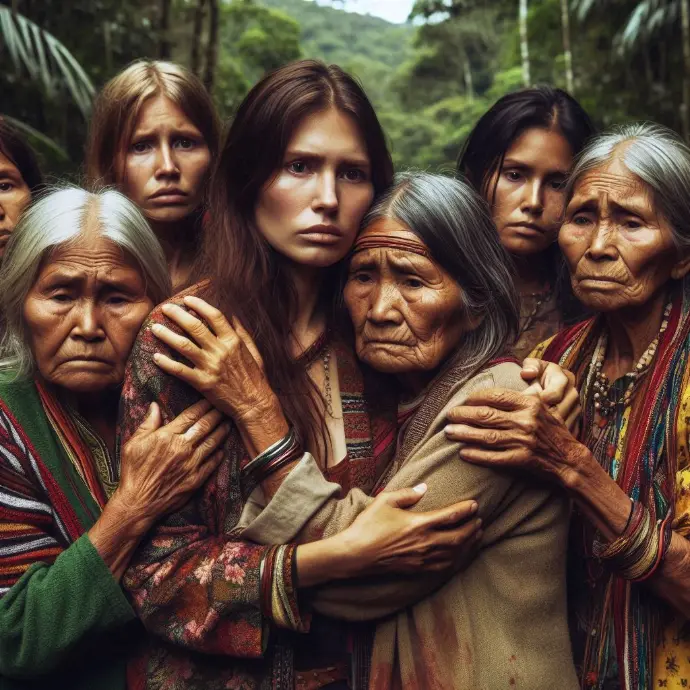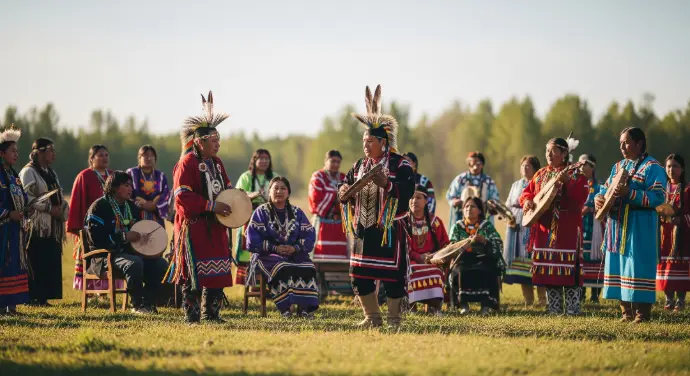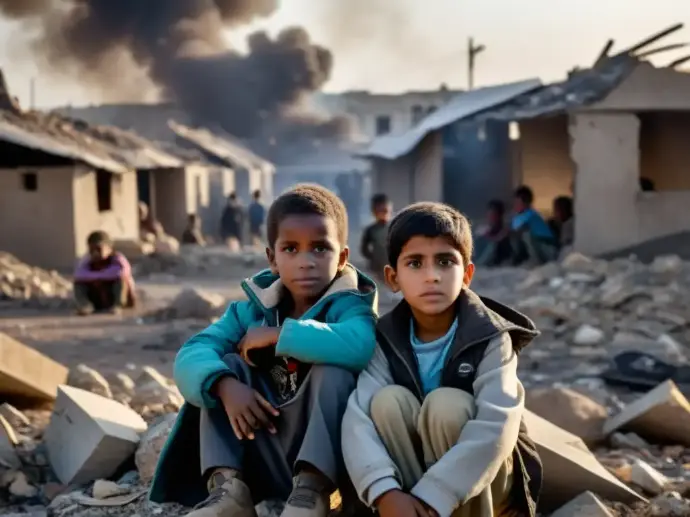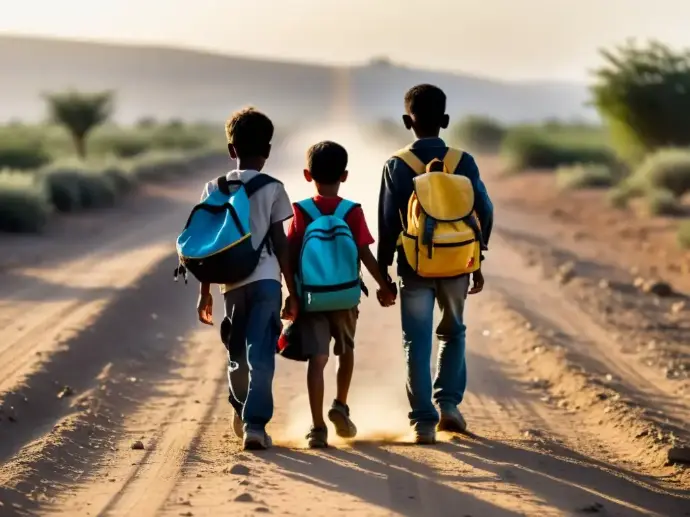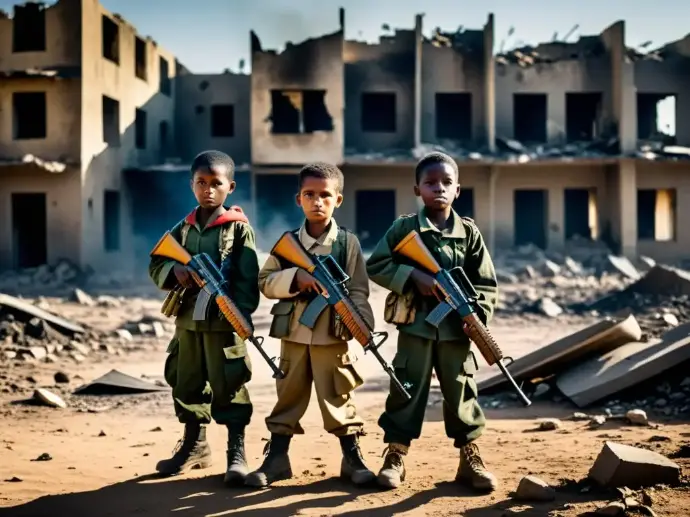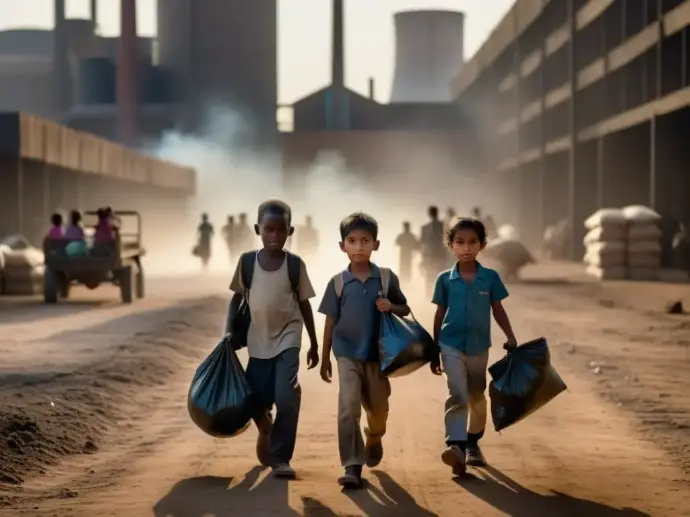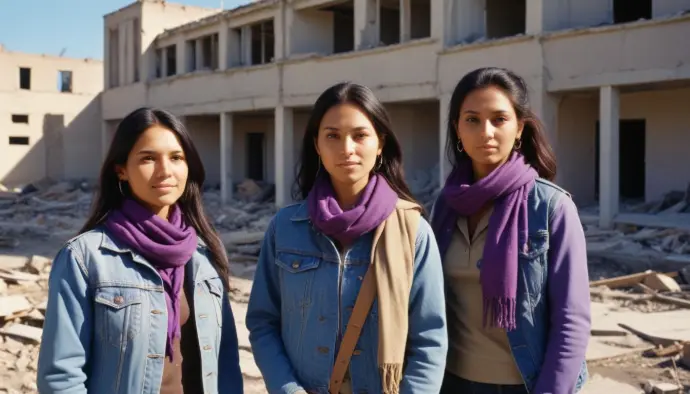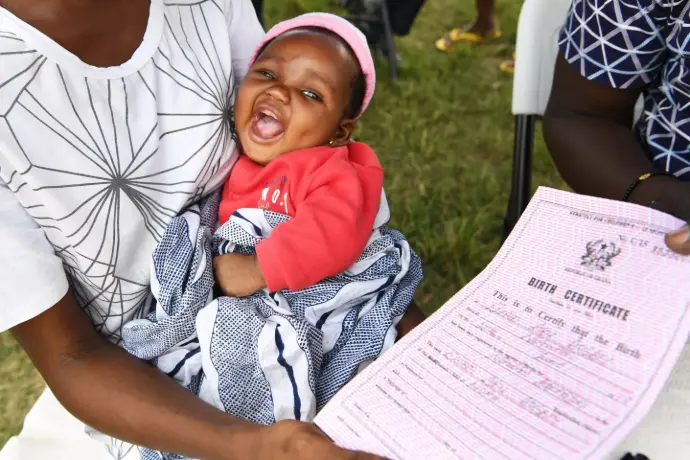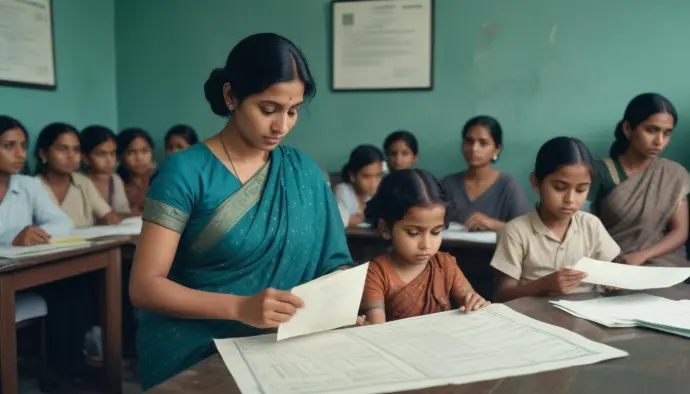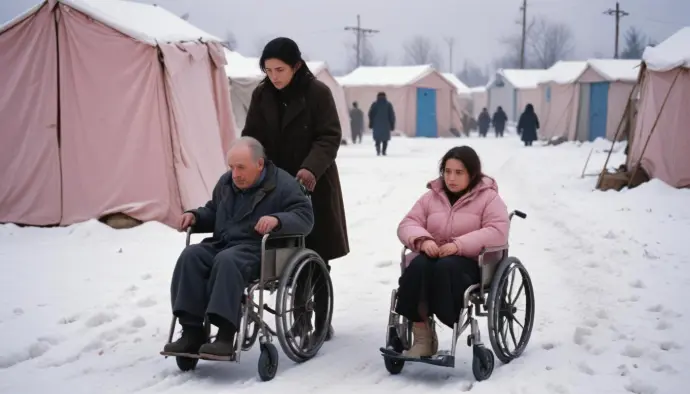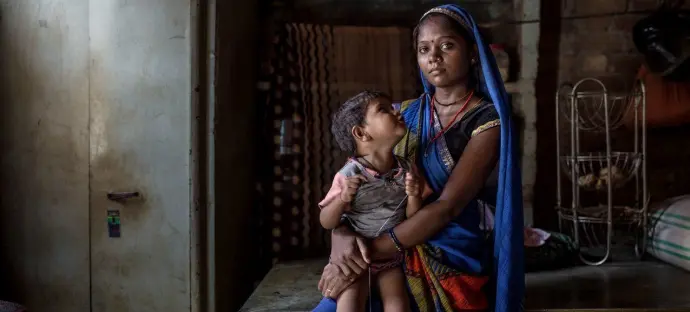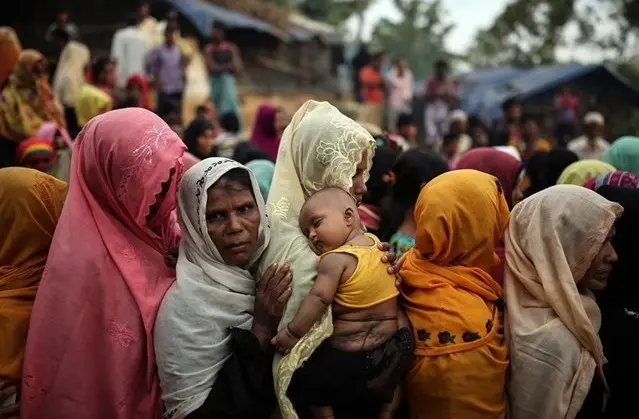Human rights of the most vulnerable populations
“The world has become a dangerous place.” This is how we see it, given that world leaders show little willingness to defend human rights on the world stage. Crimes against humanity, war crimes, ethnic cleansing, the climate of hate promoted by States and the threats that weigh on the most vulnerable populations such as indigenous people and others, continue to be topics of urgent discussion.
Millions of people are moving around the world in search of shelter, some food, drinking water and medical care. In short, in search of peace. Social discontent is growing every day because the human rights of citizens are violated day by day, consequently, leaders are needed who are not only politically and academically prepared but who also possess a high dose of human sensitivity.
All human beings have the right to life, to personal integrity, to not be slaves, to legal personality, to the protection of the family, to enjoy equality before the law, to personal freedom, to conscience, to religion and to express themselves freely.
They also have the right to an identity, to the protection of their honor and personal dignity, to the inviolability of their home, to motherhood and childhood, to social security, to live in a healthy environment, to have quality of life, to asylum and to property. All this is the common ideal that all peoples and nations must strive for, so that both individuals and institutions may promote, through teaching and education, respect for these rights and freedoms. This is reflected in the Constitutive Act of the Universal Declaration of Human Rights, in force since 10 December 1948.

